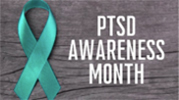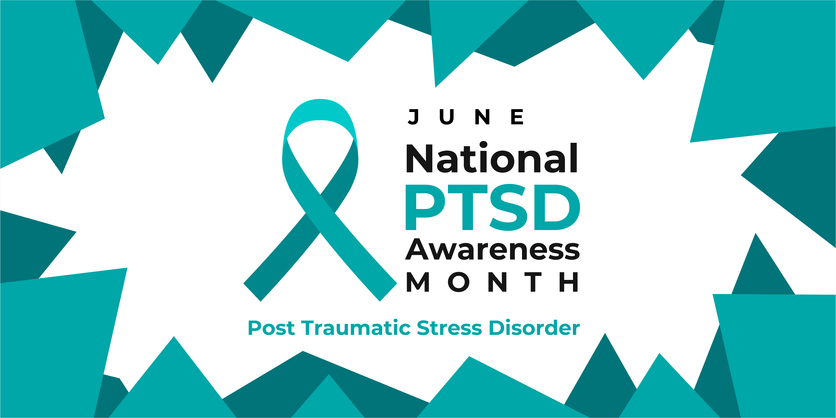Post-Traumatic Stress Disorder (PTSD) is a serious psychological disorder that can develop after an individual has been exposed to a terrifying event. It may also be developed if an individual has experienced other types of trauma in their lifetime, such as physical abuse, sexual abuse, war, natural disasters, accidents, sudden death of a loved one, torture, childhood abuse, combat exposure, assault, and rape.
People who have PTSD may have a variety of symptoms such as:
- Re-experiencing which may manifest as flashbacks, nightmares, feeling of detachment from others, and emotional numbing.
- Avoidance of anything that reminds them of their traumatic experience. They may avoid places, people, thoughts, feelings or activities. They may also develop a fear of being in public places or going to certain places.
- Hyperarousal in where people with PTSD have increased startle reactions and increased irritability, anger and/or aggression.
- Some people may also feel depressed and hopeless.
PTSD can be diagnosed by a doctor if the person experiences one or more of these symptoms for at least a month after the traumatic event. If you believe that you might have PTSD, you should seek out professional help immediately. The sooner you begin treatment, the better your chances of overcoming the disorder.
The most effective way to treat PTSD is through professional treatment. There are several different treatments available to help you overcome your symptoms. Some treatments include psychotherapy, medication, and other alternative methods such as hypnosis and meditation. The best treatment depends on the severity of your symptoms and the type of treatment you are seeking.
Psychotherapy is one of the more popular types of treatment and involves talking to a therapist about your problems. Your therapist will work with you to find out what triggers your PTSD symptoms and how to overcome them. Cognitive Behavioral Therapy is one type of psychotherapy that teaches you to identify negative thought patterns and replace them with positive ones.
Medications may be used in the treatment of PTSD. Certain antidepressants can help reduce the symptoms of PTSD; benzodiazepines are tranquilizers that can help with anxiety and insomnia.
If you are having trouble dealing with your PTSD, it is important to reach out for help. You may want to speak with a friend or family member about how you are feeling, or you may want to talk with a counselor or therapist. If you don’t know where to start, it may be helpful to visit a support group. These groups usually meet regularly and provide each other with emotional support.
You should never hesitate to get the help that you need when you are suffering from PTSD. There are many resources available to you that can help you overcome this condition.
Behavioral Health Solutions has psychiatrists and psychotherapy professionals who are available to help. Call: 702-608-1976 today!




